Benefits of Performance Management and HR Outsourcing
October 8, 2023Data Room Software For Due Diligence Processes
February 29, 2024Virtual data rooms allow for improved collaboration and secure sharing of documents in a controlled setting. They are used in a myriad of industries to manage a variety documents, including financial records, business plans and customer data. They provide advanced document organizing capabilities with enhanced security, as well as compliance with respect to business partners and stakeholders. Although cloud storage platforms such as Dropbox and Google Drive can offer file-sharing and collaboration capabilities, they do not have the specific features and security requirements for sharing of data for business.
M&A due diligence
M&A due diligence is a frequent use case for VDRs. It is a common use case for VDR due to the fact that it typically involves the furnishing and reviewing of large volumes of documents that might contain proprietary or confidential information. A VDR can reduce the stress and time required to complete M&A due diligence, and allow parties to view the information from any location with an Internet connection. The documents can also be wiped out should the deal fail to close.
Law firms
A virtual data room can be a valuable instrument for attorneys who wish to share files with their clients and partners and regulatory bodies. Virtual data rooms permit attorneys to collaborate and work on legal cases from anywhere with an Internet connection which streamlines workflows and increases productivity.
Real estate industry
If a business is trying to purchase or sell property, it might need to share documents with multiple interested parties such as potential buyers as well as investors and regulators. Using VDR to organize and share these documents VDR to organize and share these documents can speed the process and prevent destruction of sensitive data.
Fundraising
For new investments or to expand into other markets, businesses and businesses may require to raise funds. A VDR is the ideal solution, since it offers transparency and a good organization of documentation. In addition, an VDR can reduce the risk of fraud by providing comprehensive audit reports.
It is recommended to choose a VDR that has a custom branding. This will allow you to customize your login page and email templates. You are likely to be able choose your preferred integrations. In addition, consider how the VDR is secured by features like two-factor authentication and password protection, as well as the ability to customize permissions and a remote wipe of mobile apps. Make sure the VDR is certified to be compliant, such as SOC 1 and SOC 2, ISO 27001, HIPAA. Lastly, make sure your preferred VDR supports redaction, which allows you to black out areas of the document to ensure personally-identifiable information remains private. This is an essential feature for M&A deals and similar transactions.
Related posts

